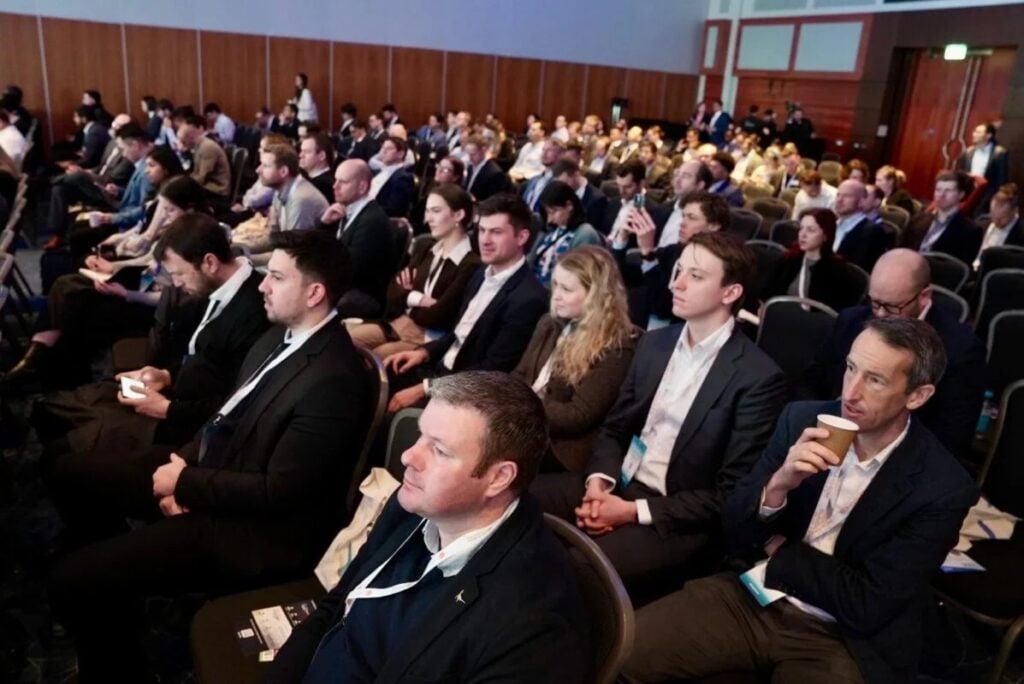
Battery energy storage system (BESS) developers have written an open letter arguing Ofgem’s long-duration energy storage (LDES) support scheme introduces biases against BESS.
It cites an LCP Delta report, Value of long-duration BESS to the GB power system, which argues that although long-duration BESS is cheaper for the system, market signals do not sufficiently support BESS projects to build at long durations without the cap and floor.
The report is used as evidence in the letter to Ofgem, government, the Department for Energy Security and Net Zero (DESNZ) and the National Energy System Operator (NESO).
According to the open letter signatories, who represent a collective 37% of the UK’s 5.3GW operational storage capacity, although lithium-ion technologies are now able to apply for the LDES support scheme, the technical decision document (TDD) published by Ofgem in March still presents barriers to entry for BESS.
When the support scheme was first floated, the government suggested electricity storage technologies that can already be funded under existing market conditions— “such as lithium-ion Battery Energy Storage Systems (BESS)”—should be excluded.
Of 96 respondents to the initial consultation, 39 ‘disagree’ responses were given, and it was clarified that projects would not be excluded “solely on the basis of their technology type”.
The government said eligible technologies could include “novel iterations of lithium-ion batteries which are specifically developed for longer-duration electricity storage, so long as they also meet the other eligibility criteria that apply”.
However, the open letter argues that BESS will be prejudiced against as the scheme will distort the market for shorter duration BESS, which won’t have revenue support in the way that longer projects will. LCP Delta estimates this to cause a 12% reduction in operating margin for shorter durations.
BESS ‘very likely’ competitive at 20h+ duration
The open letter claims DESNZ’s analysis supporting the LDES TDD uses outdated cost assumptions, and that LCP’s methodology, using start-of-2024 battery prices, make it “very likely” that BESS projects would be competitive at durations including 20-hour and higher projects.
This builds on an argument made at the Energy Storage Summit EU in February by Adaptogen Capital’s James Mills (one of the letter signatories). He said that there is “no doubt” that the difference between the energy system of today and the system of 2030-40 will be that “we need to push battery storage into 10h+ duration”.
At the time, he said this would be entirely feasible, due to the rate of change in BESS technology and the cost curve.
BESS exclusion threatens CP30 targets
The TDD focuses on pumped storage hydro (PSH), which has longer lead times, and other technologies that are not yet commercially viable.
Duncan Stone, deputy director for smart electricity systems at DESNZ, said that more LDES is expected to come online post-2030, which is the target year for a clean power system; the government’s Clean Power 2030 Action Plan (CP30) has a target of 4-6GW LDES by then.
LCP found that the CP30 target of 23-27GW short-duration energy storage capacity is threatened by BESS being excluded from the cap and floor, because the minimum duration element distorts incentives to build below the minimum supported duration.
Under the scheme, Stream 1, for mature technologies, requires a Technology Readiness Level (TRL) of 9 and minimum project size is 100MW. For Stream 2, novel technologies applying for support must have TRL 8 and a minimum size of 50MW.
According to LCP Delta’s report, this shift to longer durations leads to a 10-12% lower operating margin for two-hour and four-hour BESS, resulting in an 8GW reduction in total one-, two-, and four-hour BESS build outside the cap and floor.
The letter’s signatories are: Ben Guest, managing director of Gresham House Energy Transition; Peter Kavanagh, CEO of Harmony Energy; James Basden, founding director of Zenobē; Amit Gudka CEO of Field Energy, Elias Saba, CTO of Eku Energy; James Mills, managing director of Adaptogen Capital; and Russel Alton, CEO of Voltwise Power.
They state: “Our industry has adopted BESS over other technologies as they are the most reliable, commercially viable and cost-effective technology, and with the greatest potential for lower costs through continued rapid innovation.
“As experienced investors who have invested billions in the energy transition, we are clear that the alternative – government trying to pick winners – sends a signal that the UK is closed for inward investment and fair competition.”

